Plant-Based Fats: The Best Healthy Vegan Foods High in Fat
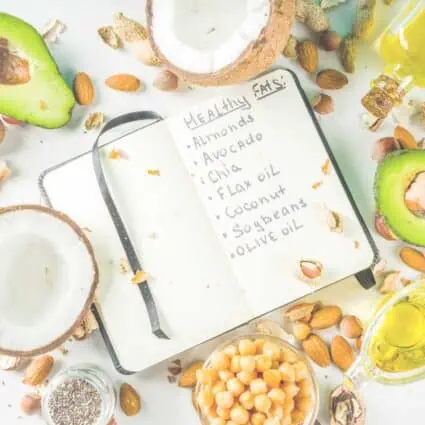
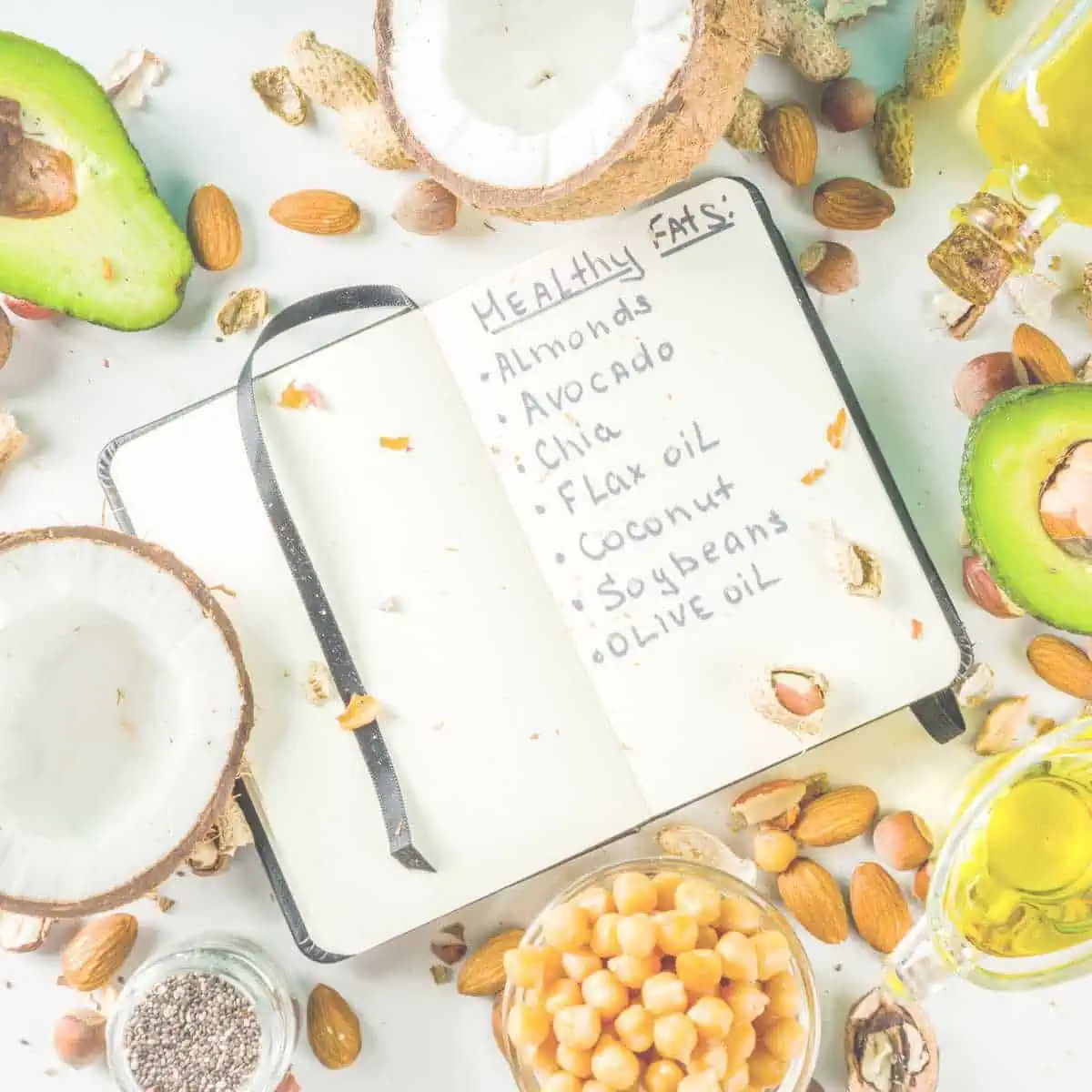
By now we all know that limiting dietary cholesterol and saturated fat intake is probably a good idea and that loading up on fresh, whole foods and getting your daily exercise will go a long way to protect your heart. So what about all of the other fats? What about creamy avocado and crunchy walnuts and the oh-so-versatile olive oil?
Table of Contents
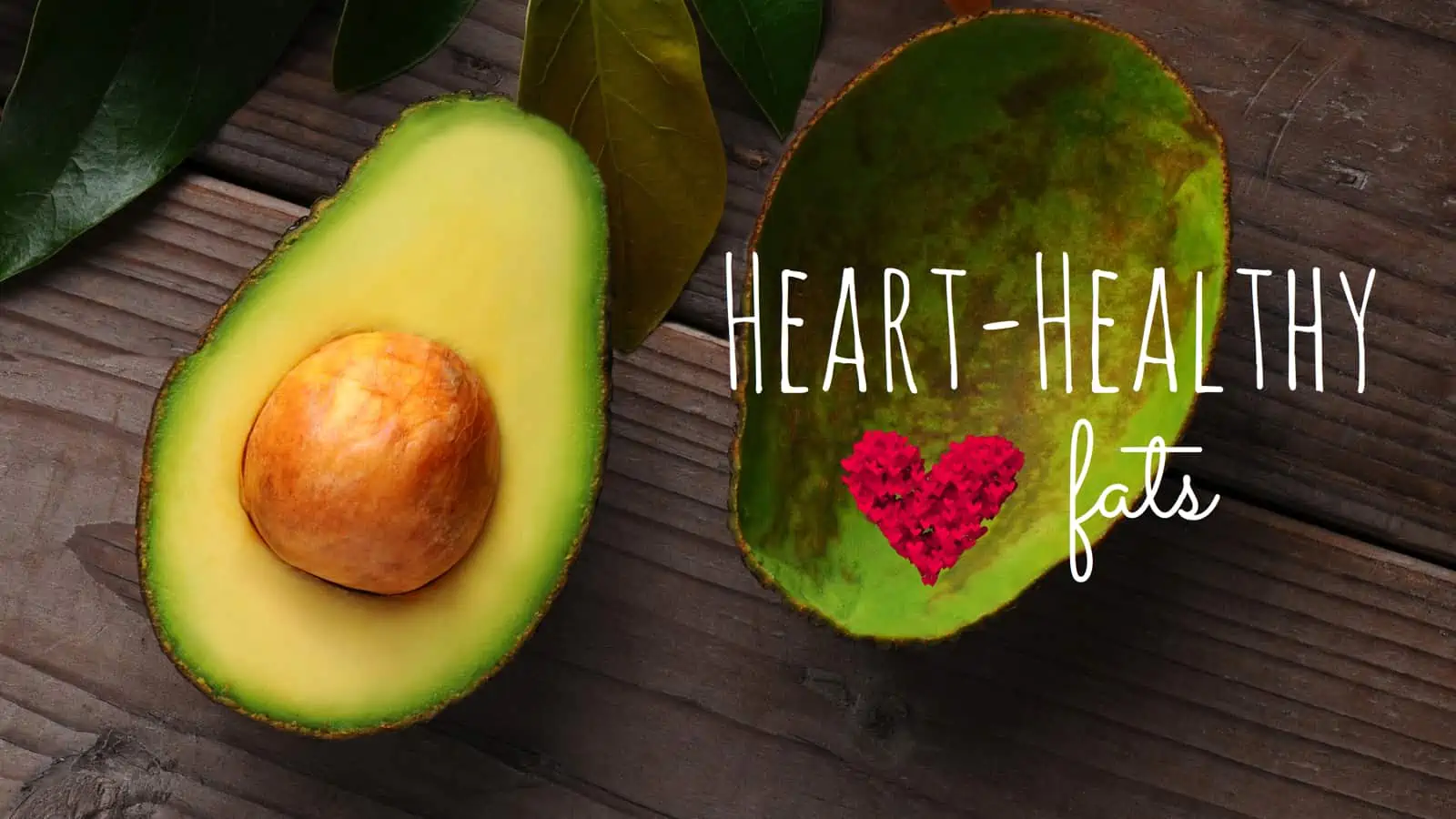
Saturated vs. Unsaturated Fats
Not all fats are made equal! Dietary fats can be categorized in two ways, saturated and unsaturated.
Here is an easy way to remember the difference: saturated fats tend to be solid at rooms temperature (think butter), and unsaturated fats tend to be liquid at room temperature (such as oils).
Unsaturated fats have been linked with heart health benefits while saturated fats have a negative impact on heart health.
Unsaturated Fats
Unsaturated fats fall into two categories: monounsaturated and polyunsaturated.
Olive oil and avocados are rich in monounsaturated fat, which can help lower “bad” (LDL) cholesterol in the blood when it’s used instead of saturated fat. Olive oil is also rich in antioxidants which also protect the heart.
Try swapping in avocado instead of butter on toast. It’s delightful! You can also add avocado to smoothies, bread or bagels, pasta dishes, vegan wraps, burritos, tacos, salads, scrambles, potato skins, sautéed greens, and beyond.
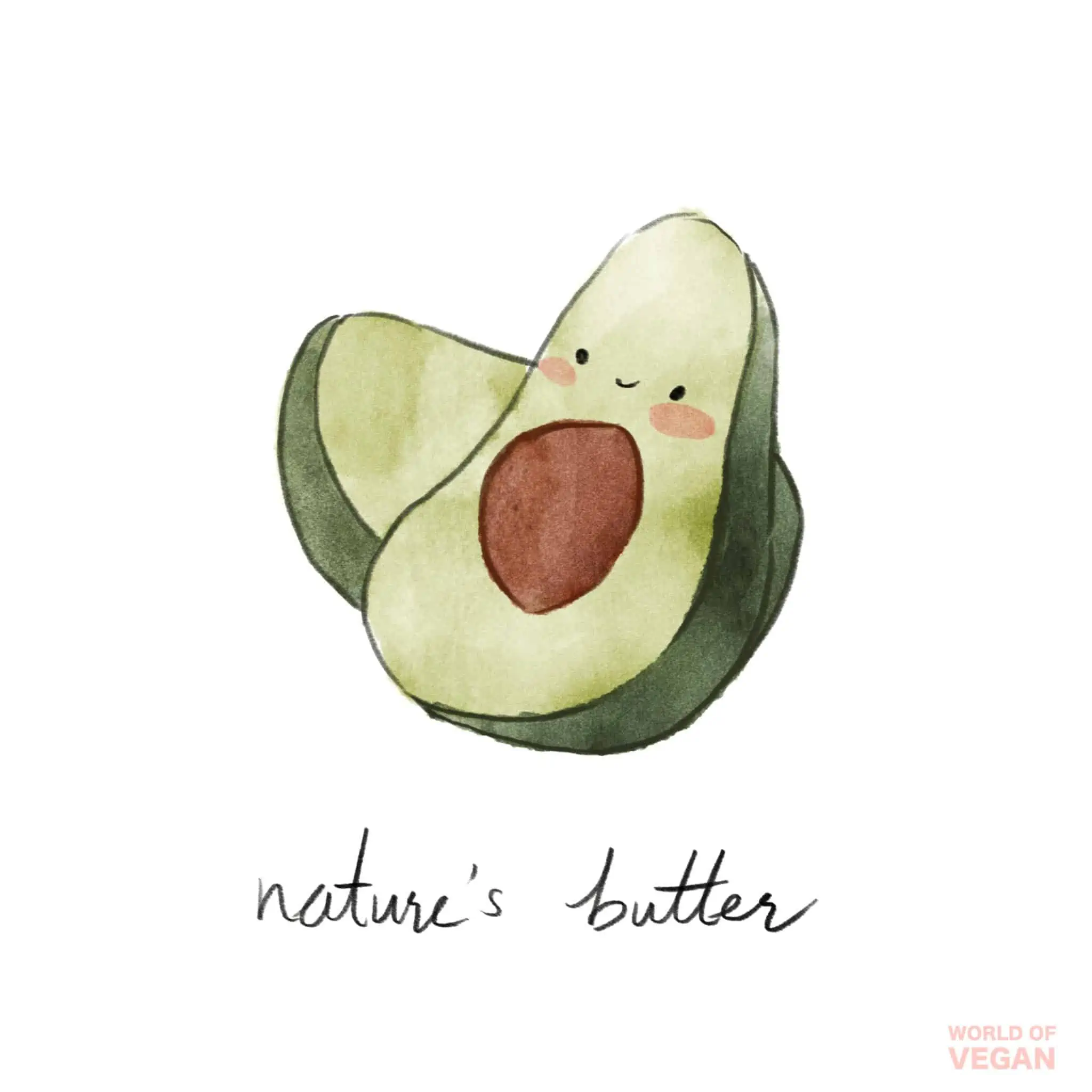
Polyunsaturated fats occur in canola oil, nuts, and fish.
How to Get Healthy Fats in a Vegan and Plant-Based Diet?
One of the reasons why the Mediterranean diet has the reputation of being one of the most heart-healthy diets is because it emphasizes unsaturated fat, especially omega-3 polyunsaturated fat.
The Mediterranean diet is brimming with colorful whole plant foods as well a generous amount of olive oil (and of course fish). You typically don’t see much meat, eggs, dairy, and refined foods in a traditional Mediterranean diet. Fish is abundant in the long-chain omega-3 fatty acids that are so cardio-protective. But fish isn’t vegan friendly—and it can have many issues that can deem fish more harmful than helpful.
So if vegans don’t eat fish, where do we our long-chain omega-3 essential fatty acids? The same place the fish get them, of course! Algae. There are a variety of algae oil supplements on the market that come in non-gel capsule form, just like fish oil supplements, minus the fishy burps.
Embracing a Healthy Diet Including Vegan Foods High in Fat
There are many ways to “veganize” the Mediterranean diet and incorporate vegetarian fat sources to enjoy the benefits of that heart-healthy way of eating without the drawbacks.
1. Begin with a whole foods, plant-based diet
Fill your plate with a rainbow of vegetables, whole grains, fruits, and legumes like beans and lentils. World of Vegan has hundreds of healthy plant-based recipes to integrate into your meal time lineup!
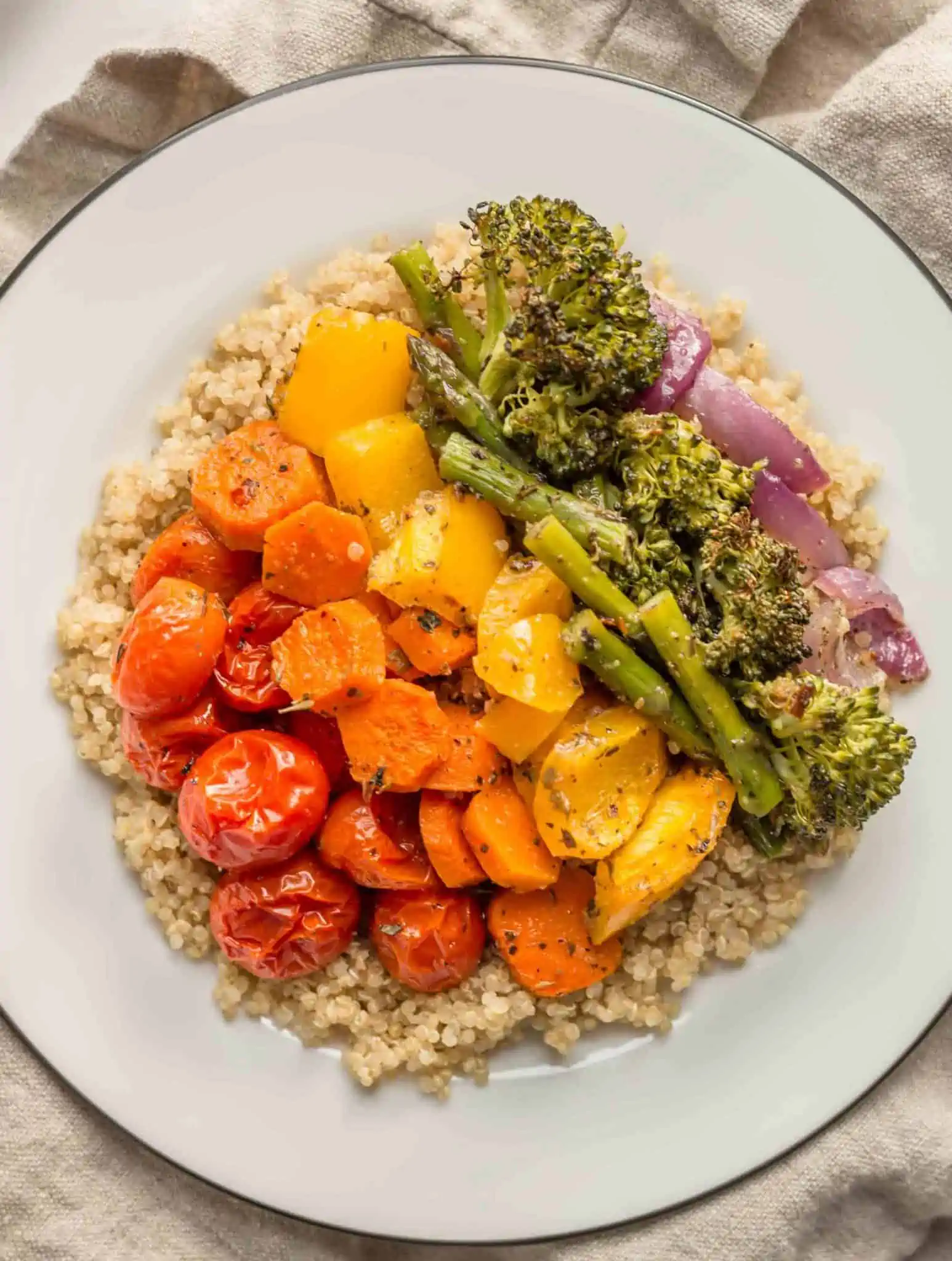
2. Choose olive and canola oil
Choose olive or canola oil for cooking, baking, and salad dressings. Steer clear of the ambiguous “vegetable oil.”
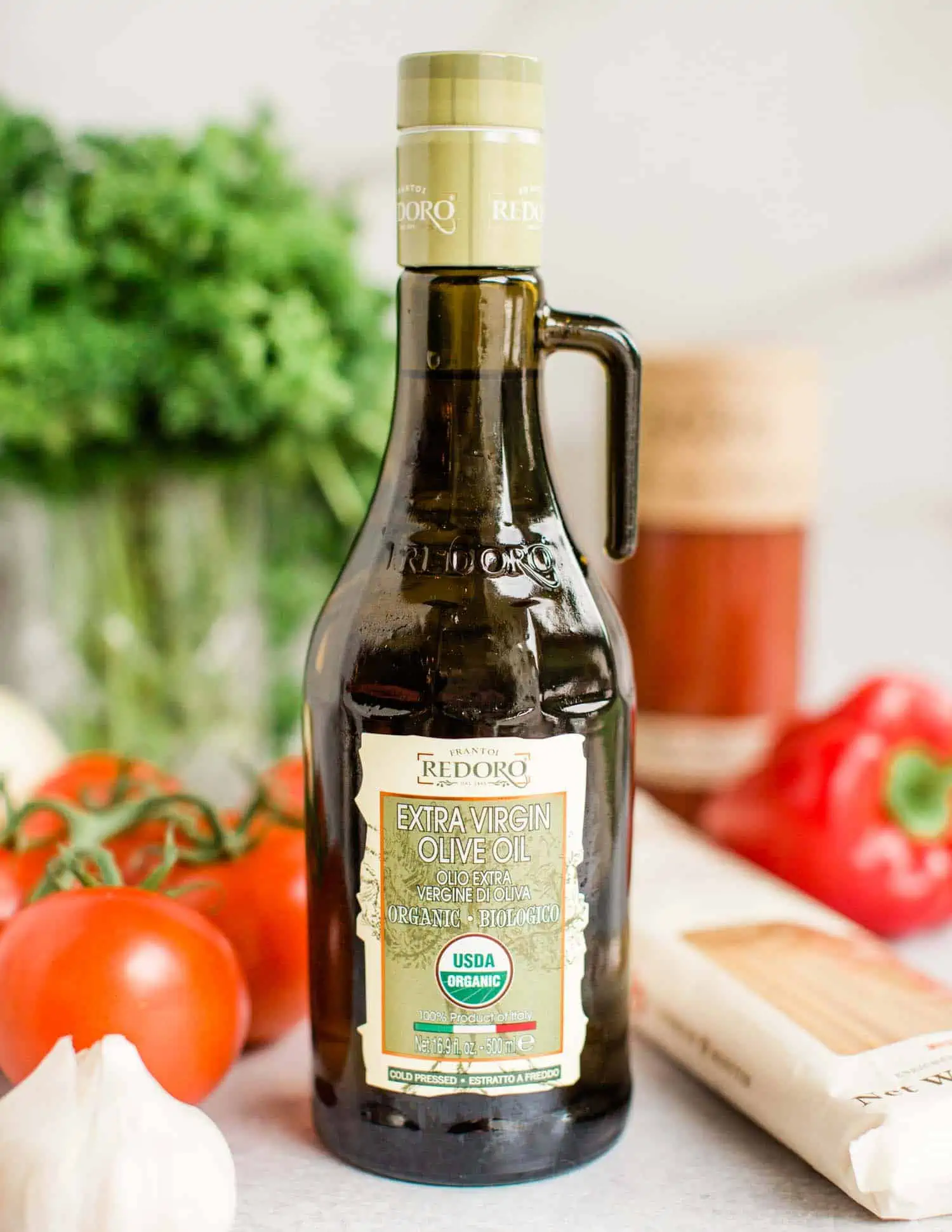
3. Go nuts
Not literally, but a daily serving of heart-healthy nuts like walnuts or almonds has been associated with lower incidence of heart disease. A serving is 1 ounce (sometimes packages will tell you exactly how many nuts this is, if not or you’re buying in bulk, stick to 1/4-1/3 cup per day).
Nuts are fantastic on their own as a snack or turned into a quick trail mix, but you can also get creative with nut-filled recipes. Here are a few of our favorites.
- Date and Nut Truffles
- Lentil Walnut Meatloaf
- Walnut Pesto Pasta
- Creamy Cashew Pink Sauce Pasta
- Creamy Cashew Dill Salad Dressing
- Homemade Vegan Hazelnut Nutella
- Vegan Granola with Chopped Nuts
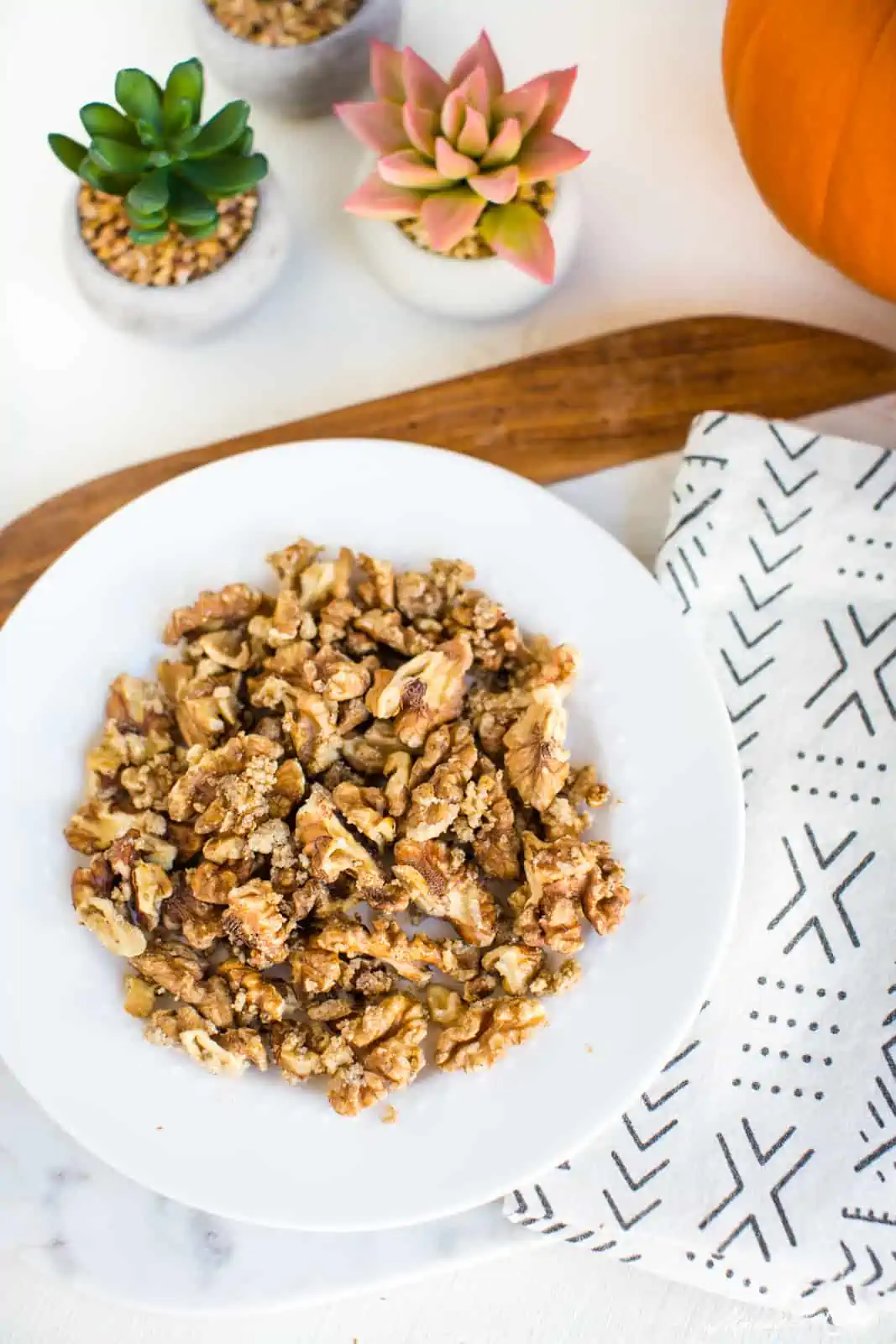
4. Don’t forget about seeds
Seeds have been having a moment, thanks to the trendiness of flax and chia over the past few years. Good news: both are chock-full of healthy fats, antioxidants, and protein. Aim for two tablespoons per day. A few fantastic seeds to incorporate for healthy fats include:
- Chia Seeds
- Flax Seeds
- Hemp Seeds (aka “Hemp Hearts)
- Sesame Seeds (white or black)
- Sunflower Seeds
- Pumpkin Seeds
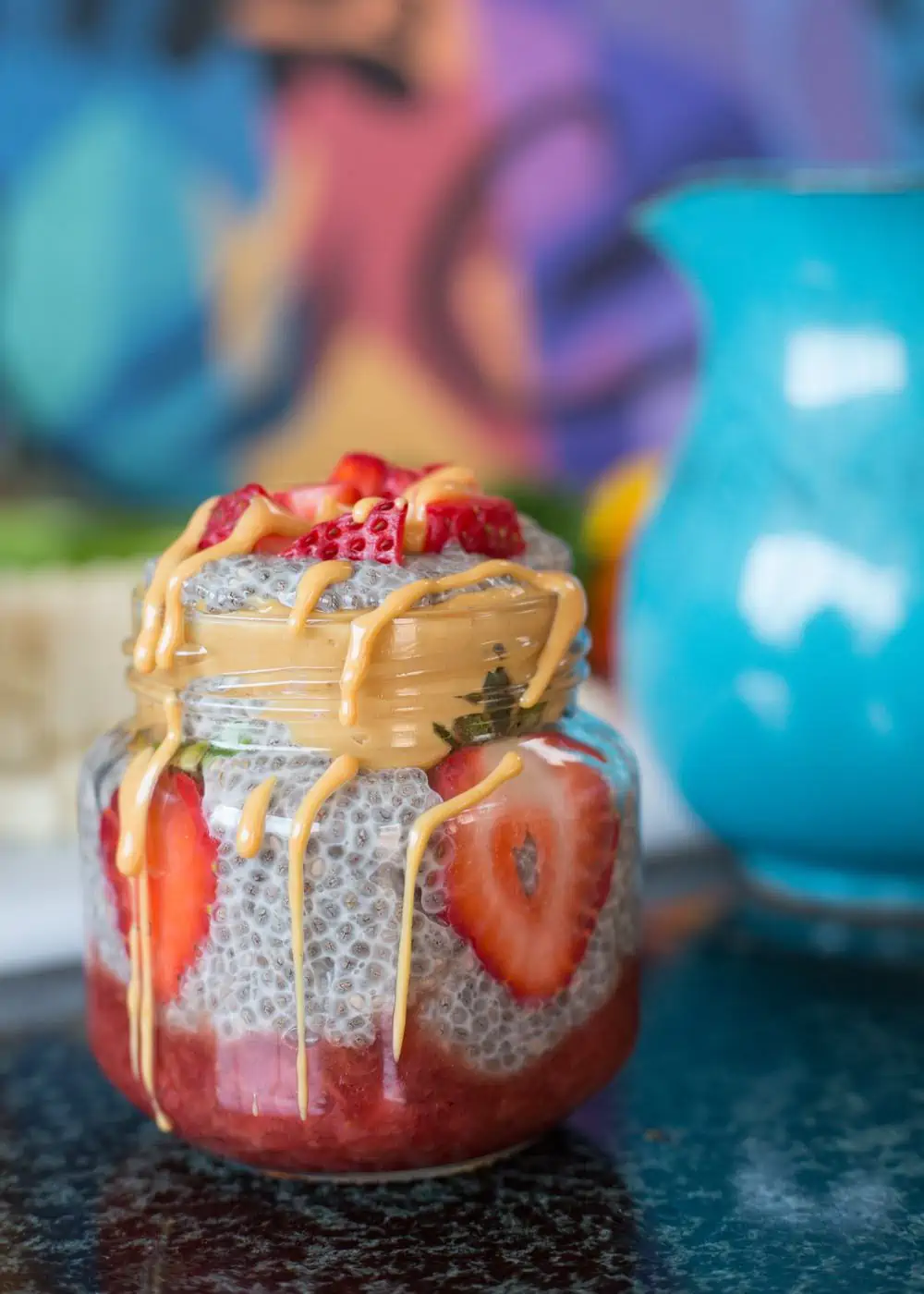
5. Nut and Seed Butters
If you’re not a fan of nuts and seeds on their own, nut butters and seed butters are a fantastic choice filled with healthy fats. People often ask if peanut butter is vegan, and yes, despite the misleading name, it is!
Here are some phenomenal recipes made with nut butters!
Savory Nut Butter Recipes
Sweet Nut Butter Recipes
- Stuffed Dates with Peanut Butter
- Silken Chocolate Peanut Butter Pudding
- Peanut Butter Cookie Dough
- Healthy Vegan Milkshake
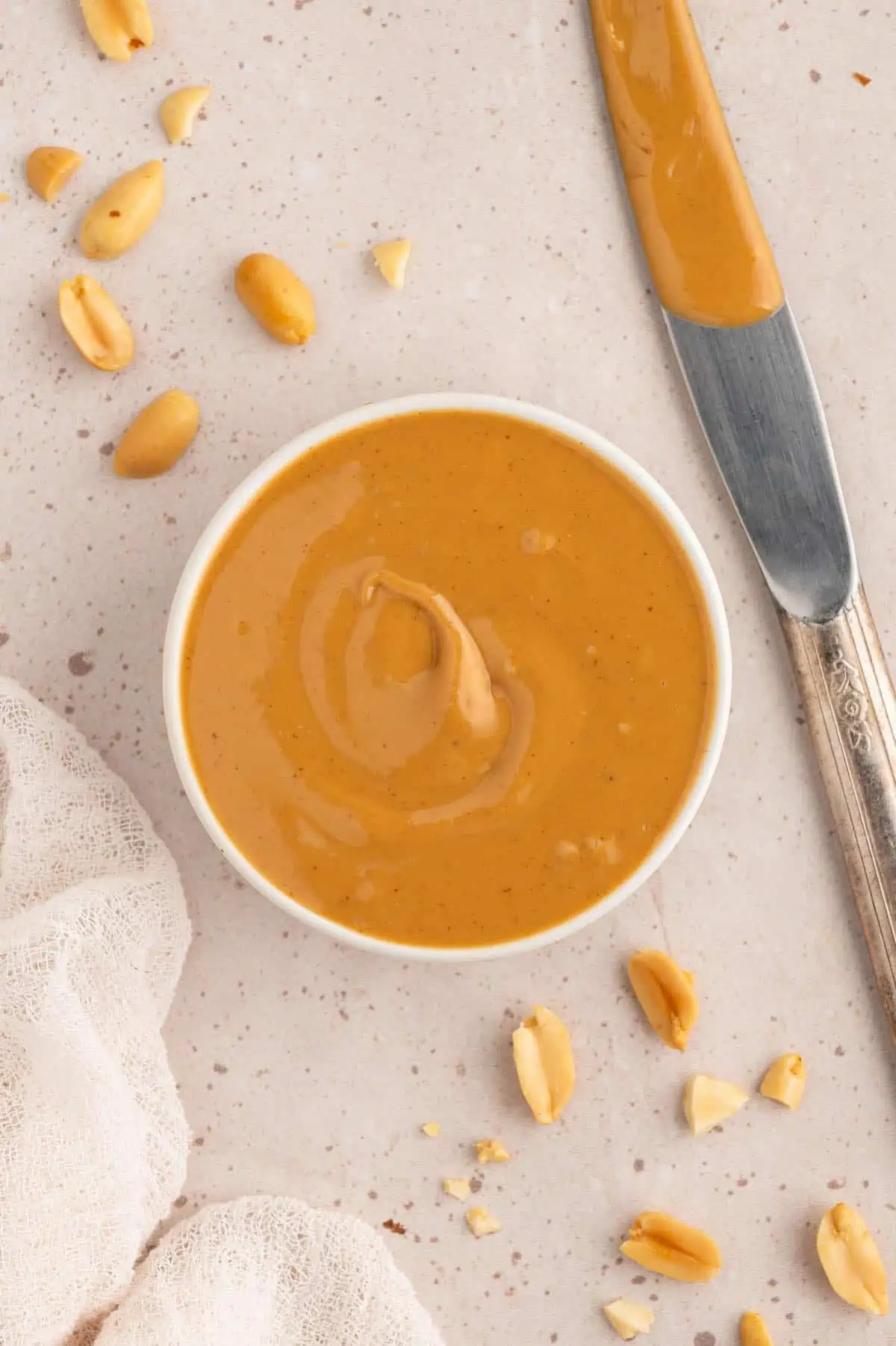
6. Minimize processed food
Processed, refined food is not only devoid of many nutrients, but it often contains added sugar and trans-fatty acids which can be detrimental to heart health. Consider having fruit for dessert instead of baked goods and if you must have something chocolaty, enjoy a piece of antioxidant-rich dark chocolate (bonus for fair-trade!).
Here are some whole food unprocessed recipes to explore for breakfast, lunch, dinner, and snacks.
- Sweet Potato Toast
- Overnight Oats
- Vegan Polenta with Greens
- Collard Green Wraps
- Zucchini Fritters
- Almond Flax Crackers
- Cheesy Dehydrator Kale Chips
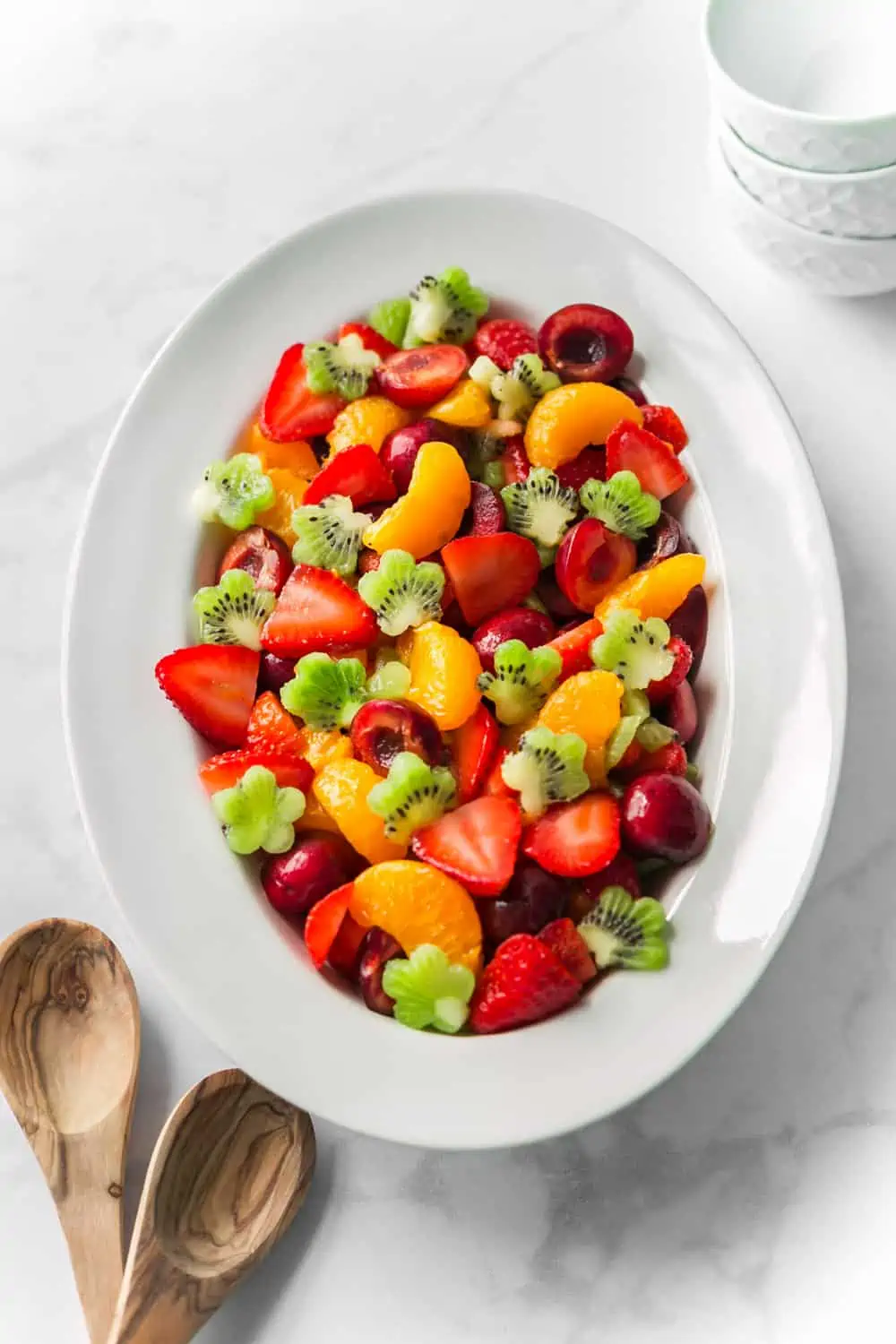
7. Think about taking a supplement
Many people wonder, since a plant-based diet can be so lush with healthy foods and nutrition, do vegans actually need to take vitamins?
Your body likely doesn’t make enough omega-3 essential fatty acids, and if you don’t eat fish you’re not eating it either, so consider supplementing with vegan DHA and EPA. Here is some further reading that can help:
- Best Vegan Vitamins Guide
- 7 Essential Nutrients for Vegans
- Vegan Nutrition 101
- B12—Everything You Need to Know
- Vitamin D for Vegans
- Plant-Based Dietitian Directory
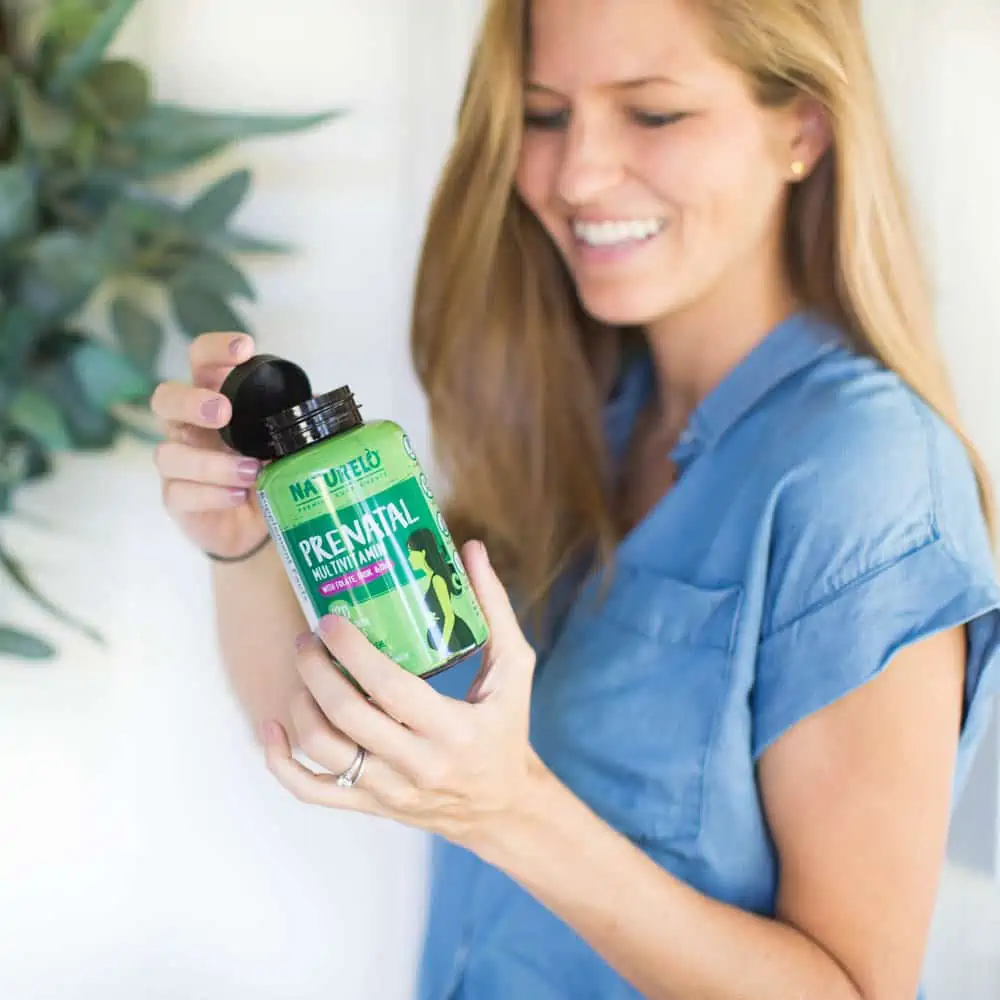
Recommended Vegan Nutrition Reading
- The Vegiterranean Diet by registered dietitian Julieanna Hever
- Vegan for Life by Jack Norris and Ginny Messina
- Vegan for Her by Virginia Messina and JL Fields
This article was originally written by vegan registered dietitian Taylor Wolfram, and has since been updated to include additional resources and recipes not necessarily endorsed by Taylor Wolfram. Disclaimer: The information presented here is not to be construed as medical advice or used to diagnose, treat, cure or prevent any condition or disease.

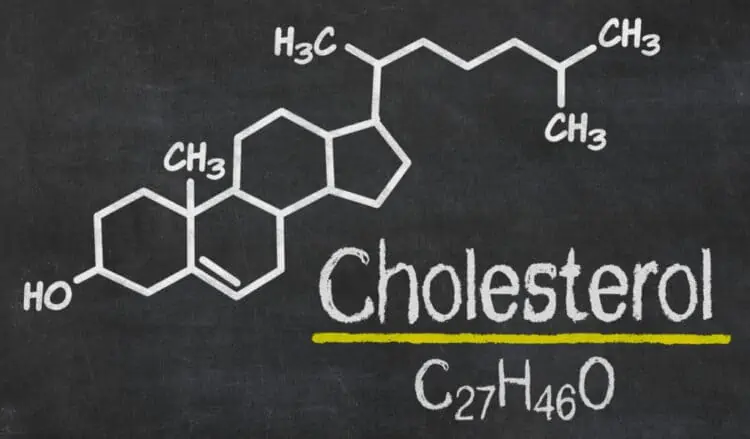
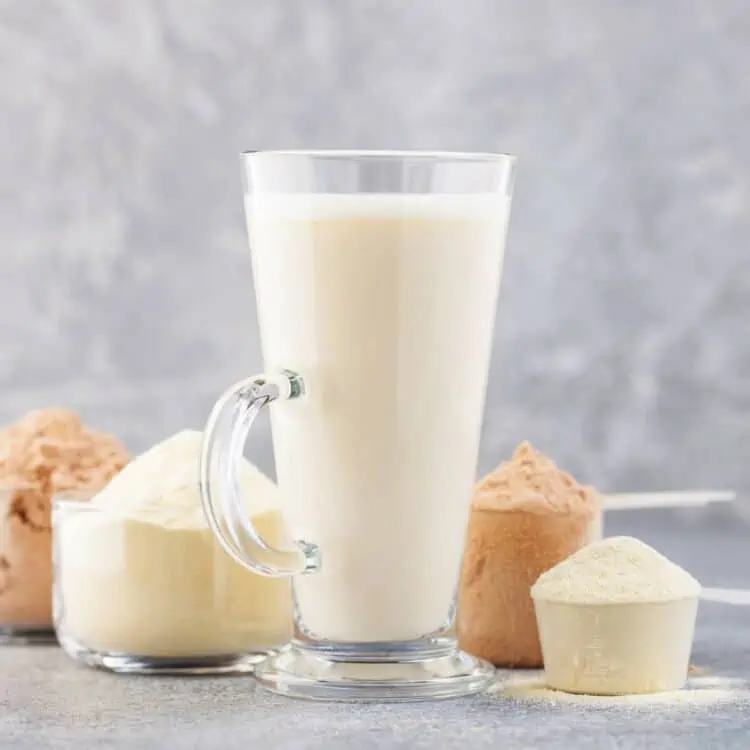
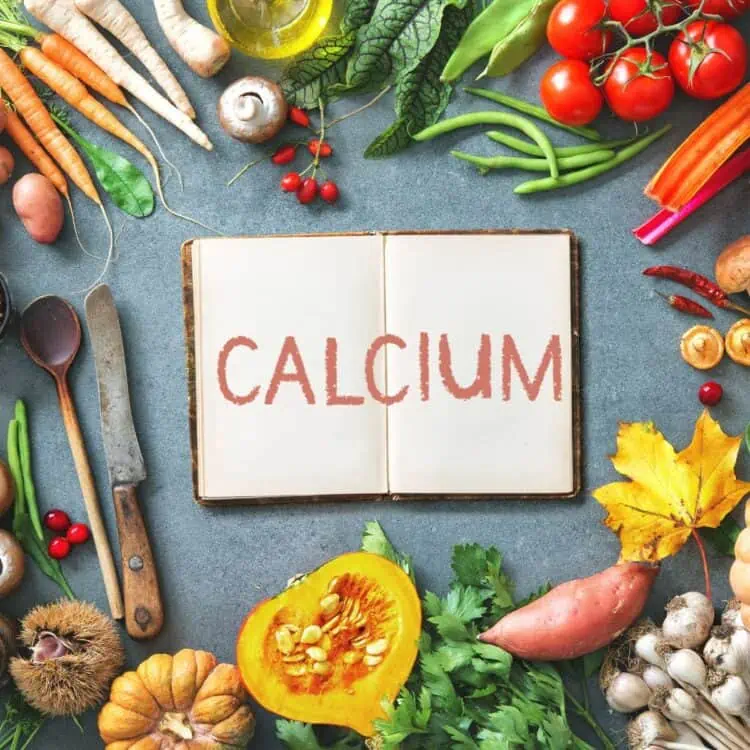
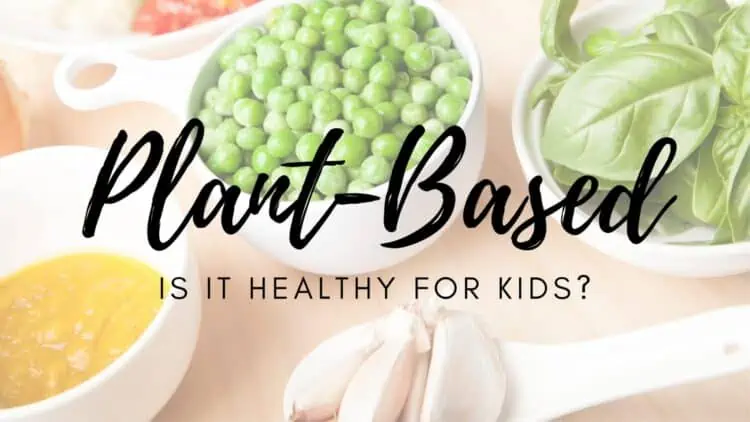

Leave a Comment
cant get full and satisfied on a vegan diet without at least chicken
Hi Susan, I’m sorry to hear that! Plant-based diets can be rich in proteins, healthy fats, and fiber that contribute to a feeling of fullness. If you’re struggling, I highly recommend reaching out to a vegan registered dietitian as they’ll be able to give you the best, individualized advice to help you succeed. If you have any specific questions or if there’s something you’d like more information about, don’t hesitate to ask 🙂
Thank You for this informative article. It is right on time for my better-health dietary improvement goal